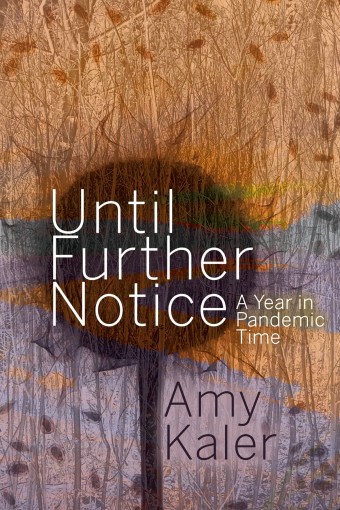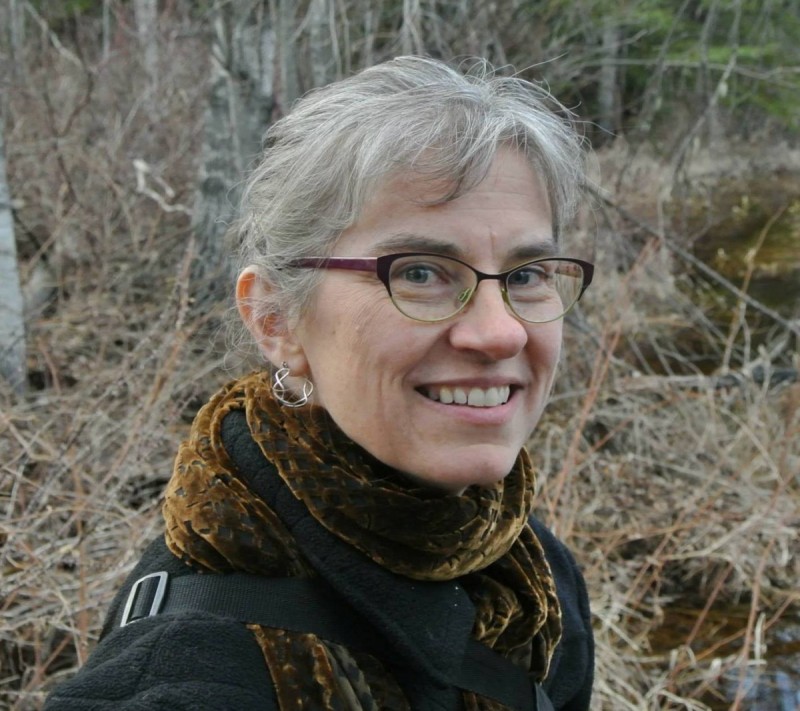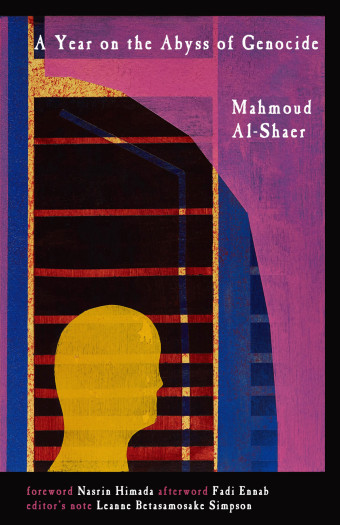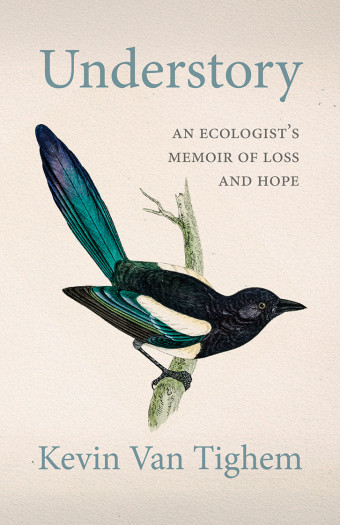Reflecting on the early days of the COVID-19 pandemic, University of Alberta sociology professor Amy Kaler never dreamed Canadians were on the verge of seismic social shifts.

- Until Further Notice
- Amy Kaler
- The University of Alberta Press
- $26.99 Paperback, 184 pages
- ISBN: 978-17-72126-25-9
“When the pandemic began, it was shocking, but I also thought it was going to be time-limited,” she says. “Everybody stays home for 14 days, close businesses and schools and roll out financial aid, wait it out, and the virus will die off on its own when it can’t get new hosts. Well, that didn’t happen.”
Until Further Notice: A Year in Pandemic Time is an experiential, first-person account, written from March 2020 to March 2021.
Perceptions of time, spatial awareness, and community are explored throughout the short essays as Kaler examines her own journey through the first year of the pandemic. Her thoughts were largely written in real time as events unfolded. Looking back on it has revealed a different awareness.
“The feel of COVID plus two years is very different from COVID at time zero or COVID plus one year. Less sharp-shock, more wearing and grinding down,” she says.
“We also have the awareness that this could, and probably will, happen again, whether it’s a novel variant on the no-longer-so-novel coronavirus or a completely different pathogen. COVID is now part of the eternal present.”
Edmonton’s river valley takes centre stage in Until Further Notice. Kaler, who lives in the city, recounts many instances where nature acted as refuge and inspiration during the pandemic’s early days and likens her sense of self to being bent like a tree in a storm. “Trees don’t just appear randomly by themselves,” Kaler says. “They’re part of networks of other trees – their chances of survival are partly determined by the others around them.”

Kaler discovered that her sense of herself as a social being has also been bent during this time. “I think everyone who’s been through this pandemic has had the experience of realizing that they’ve got a friend or family member or a tree in their forest who deeply and passionately disagrees with their understanding of pandemics and politics. Part of the experience of being warped by the pandemic is the warping that happens in my social field, the realization that people may not be what I thought they were.”
The short, snapshot essays make the book a kind of time capsule, with its random collection of artifacts, Kaler says, “partly because it’s pretty small and self-contained. This isn’t an authoritative history of the pandemic; it’s a series of moments of experience.
“It carries the imprint of many moments during the first year, even as time moves on and the first year is now in the rearview mirror.”
Kaler hopes readers will recognize some of their own experiences, and appreciate that she has rendered them more meaningful by putting them into words.
“I hope people take away a sense of the importance of being an honest witness, of trying to understand what is going on around you, of trying to capture a moment in some form,” she says.
“Sometimes all you can do is be that honest witness.”













